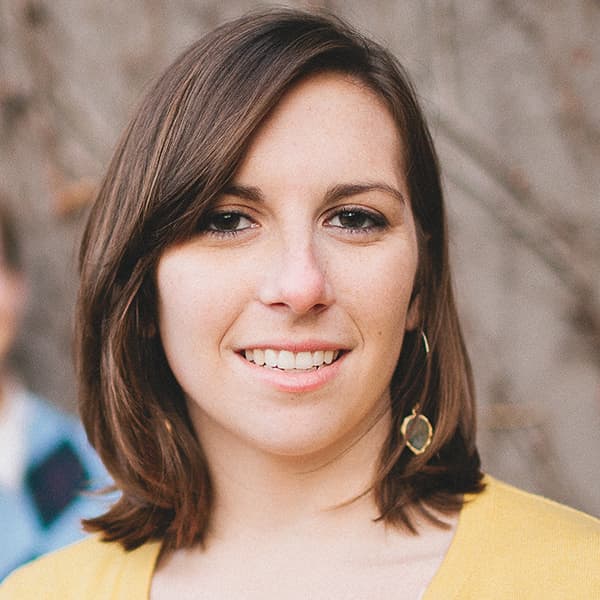Advertisement
Baker Says After School Programs Could Operate During The Day In Light Of Pandemic
Pop-up businesses that want to offer child care and remote learning support to students will have to get licensed, under an executive order signed by Gov. Charlie Baker Friday morning.
“We’re already seeing options pop up in communities to meet family needs," state Early Education and Care Commissioner Sam Aigner-Treworgy told WBUR. "Our biggest concern and our work with the governor’s office to ensure that this executive order helped make sure that those spaces had a pathway, had a mechanism to be safe."
The order closes a loophole for such businesses, and removes a legal constraint for licensed after-school programs such as the YMCA, Boys and Girls Club, United Way and others, which the commissioner called "vital" to serving families. Currently licensed after-school programs will now automatically be allowed to offer services to kids during the school day.
“That’s awesome. [It] makes total sense," said Ardith Wieworka, CEO of the Massachusetts Afterschool Partnership. "[They state is] now reimbursing after-school programs to provide support for kids during virtual learning time. That’s fantastic.”
The issue is with new programs. Several businesses from roller rinks to fitness clubs and other "learning centers" have said they want to offer supports for school-aged kids during remote learning school days, but state regulators had not commented publicly about whether they would have to follow the typical licensing process.
Now, cities and towns will decide whether to approve such programs. If they have municipal approval, they can apply for an exemption to state child care licensing requirements.
It’s that exemption that worries Weiworka.
“These are after-school programs that just aren’t being licensed," Wieworka said of the state exemption. She used to be the state commissioner who oversaw childhood services, and has 38 years of experience in the field.
“We are in a pandemic. We do have to respond to this context," she said. "We should be expanding access to licensed programs. We should not be encouraging these pop-up, so-called 'learning enrichment programs.' "
The new programs would still have to follow state early education and care safety rules. Employees would have to pass background checks.
"I really do feel that this executive order helps us make sure that all of those options that families are relying on are safe and have the proper safety checks,” said Aigner-Treworgy.
The state is planning to issue more detailed policies about this approval and waiver process in the coming days.
“The question is: Who’s enforcing it? Who’s overseeing it?" asked Wieworka, pointing out that decades ago local boards of health used to regulate after-school programs. She's worried that asking cities and towns to approve such programs could stretch already thin municipal resources.
"The point in the middle of a pandemic is to make sure kids are healthy and safe, and that’s what we should be focused on,” she said.
The executive order also addresses learning pods, which the state calls "remote learning parent cooperative arrangements." They will be exempt from child care licensing requirements as long as a parent or guardian from one of the families is acting as an unpaid caregiver of the children. The families could hire a tutor or other adult to help out, but a parent or guardian has to be the primary caregiver.
